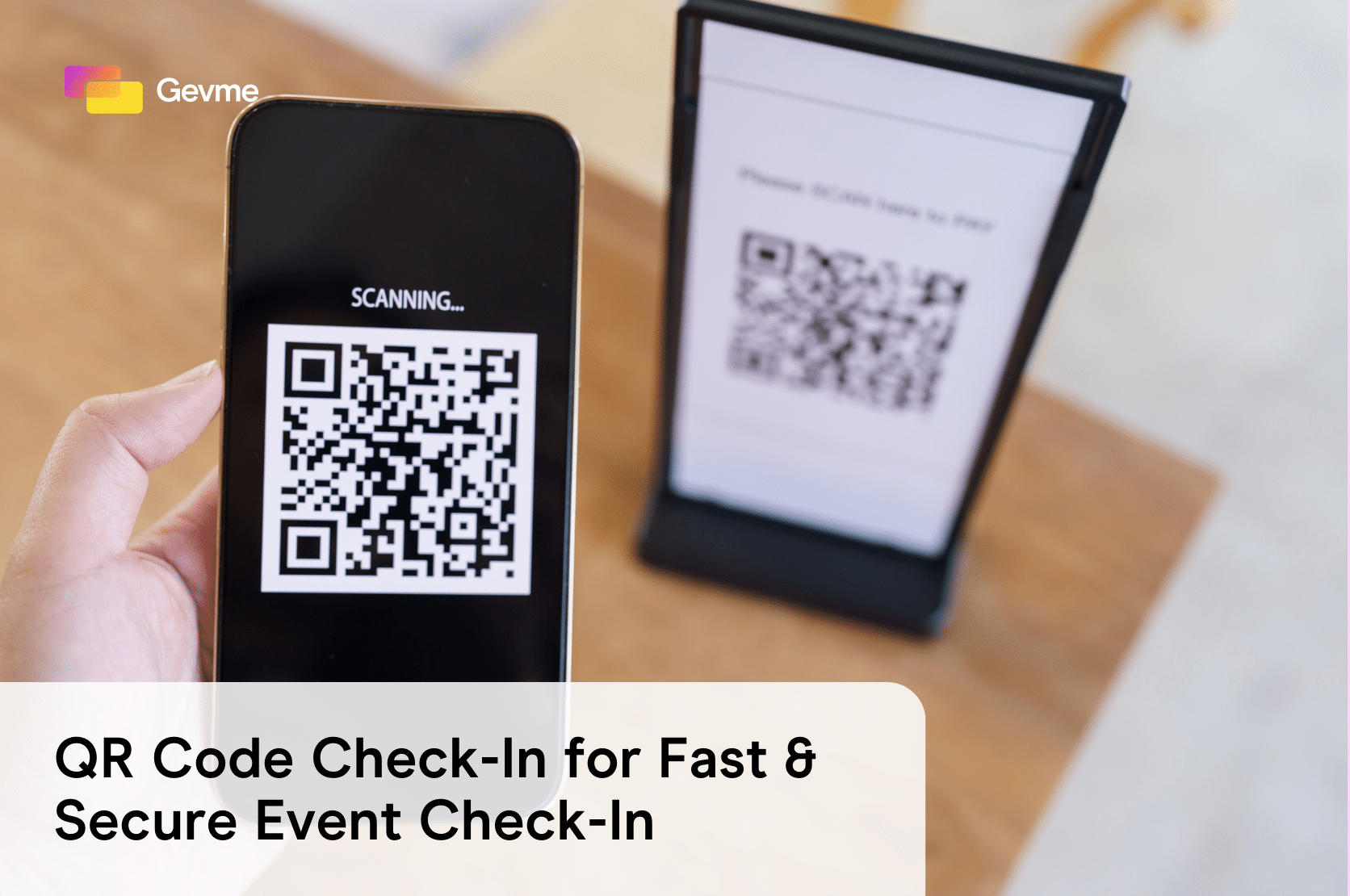Logistics makes out the vital support of event planning, coordinating the flow of services between event planner and the various vendors. By default, it is also the part that is the more cost-heavy for your event.
It involves renting the venue, the decor and its setup, technical support to facilitate all the various components of your event, the purchase of food and beverage, transportation and housing arrangements, the risk assessment and management and any permits required.
Just how can you then save on event logistics without compromising the integrity and quality of your event?
1. Plan in advance, research and spare no details
If you have time in hand, use it well by doing a proper planning, research and monitoring your event logistics way ahead at the front of your process. This will help you to identify the various items and details for your event and you would want to start identifying your big event items straight away such as the venue and guest speakers with alternative options.
Find out their availability and get a pricing idea. If negotiation is possible, having time at hand will enable you to do so. Not having time will likely cost you more.
2. The Venue
Everything is connected and can have a relative impact on another logistical aspect, so, it is important to choose wisely. For example, the venue and its location can potentially have an impact on transportation cost.
While you may not be able to please everybody, choosing a venue just outside the city can prove to be a good move for you and your attendees in terms of saving time dealing with any city traffic but also in terms of high parking fees. This can make a big difference with the venue costing and your negotiating power.
Always negotiate with the venue and see if they can provide all or most of what you need to support your event logistics in one package, including furniture, table cloths, drinking water, early access, Wi-Fi, power sockets and AV requirements. Note that you can expect to pay more for these additional elements if they are added closer to or on event day.
3. Keep a clear communication

Source: BrAt82 via Shutterstock.
Being effective with your communication naturally flows down to your event logistics management. Clear communication is critical for any coordination to happen smoothly and to avoid any need to pay for extra costs with last-minute oversights and bookings.
This will give you the ability to manage your costs effectively and save some money if there is the opportunity to. It can prevent you from having to dig into any emergency budget.
4. Have a checklist with the budget and track as you go
If you have done your research and planning well, you will have a list with the best options and the relevant numbers in view. Diligently track all your logistical expenses as you progress toward the event itself – big items as well as the smaller ones. Smaller costs can add up. It is helpful to keep your objectives and your priorities in mind constantly. It will save you time and your money to stay focused.
5. Be flexible

Source: Sergey Nivens via iStockphoto
Staying focused does not mean to stay fixed and rigid. While planning early can give you a bit of flexibility, not having strict dates to follow can also allow you to be flexible with the event timing and the venue. It can potentially save you a lot of money by considering off-season dates or any other non-peak days of the week of the chosen venue.
Being flexible means being creative and being able to work with what is proposed, easily accessible and available. It may not be the ideal but if it does not compromise the integrity of the event and its objectives, take it. This applies to working with the suppliers for the setup, the food and beverage, functional furniture and your event’s technical needs.
Even the best-laid logistical plan can go out of control so, it is important to stay calm and not to react hastily without proper evaluation. Make sure you are thinking clearly before acting and disbursing any additional budget to fix it.
6. Work with a local partner
A local supplier or your chosen venue can potentially become your local partner. This local partnership could open doors to contacts and preferential rates.
Otherwise, can you collaborate with them or do a ‘contra-deal’ where you both supply expertise or products for each other’s mutual benefit? What about if there are any benefits and exposure they could gain from your event in exchange for a free or reduced cost for selected products and services?
7. Go Green
It is remarkable how by just being mindful for the environment and with some efficient practices, you can save some dollars on your event logistics. Start by selecting a sustainability-minded venue, this can often eliminate costs and present value-adds for sustainability. Even better, if the same venue can be within a walkable convention area to eliminate or reduce attendee shuttles, reducing transportation costs.
Events can be awfully wasteful in terms of catering; this can be avoided through menu design and a more accurate ordering closer to event day. Negotiate with your caterer if you can do so within reasonable limits.
Also, consider working locally, scheduling and consolidating freight to reduce any shipping costs. You can also go further as to cooperate with any preceding events preceding and/or the following one, to save by sharing equipment or any other non-disposable items.
Saving on event logistics does not mean slashing expenditure and putting the money in the bank. It means maximizing your event budget without necessarily cutting corners or compromising your event’s key objectives.
Are there any other additional and viable ways you can add to the above list?













